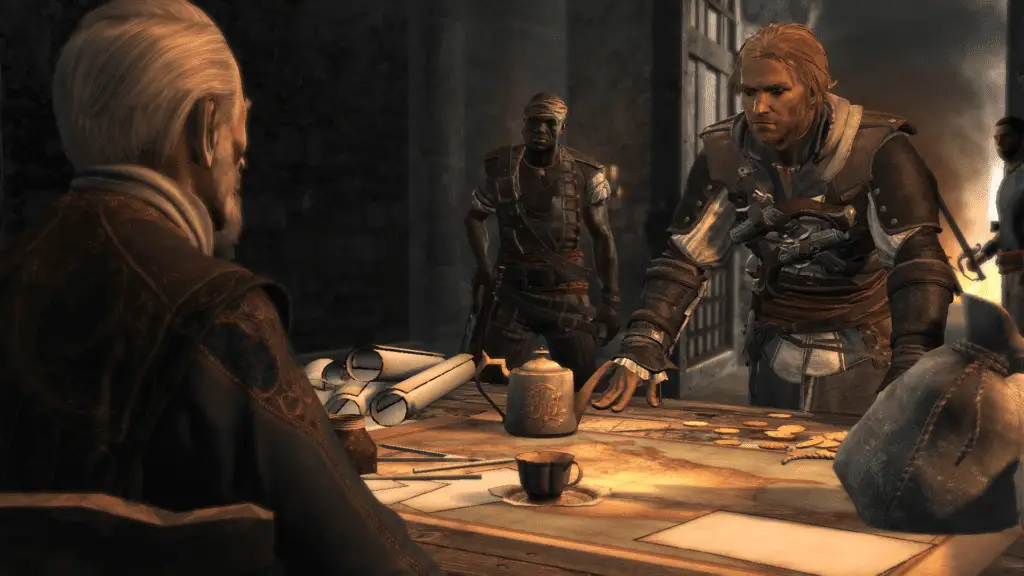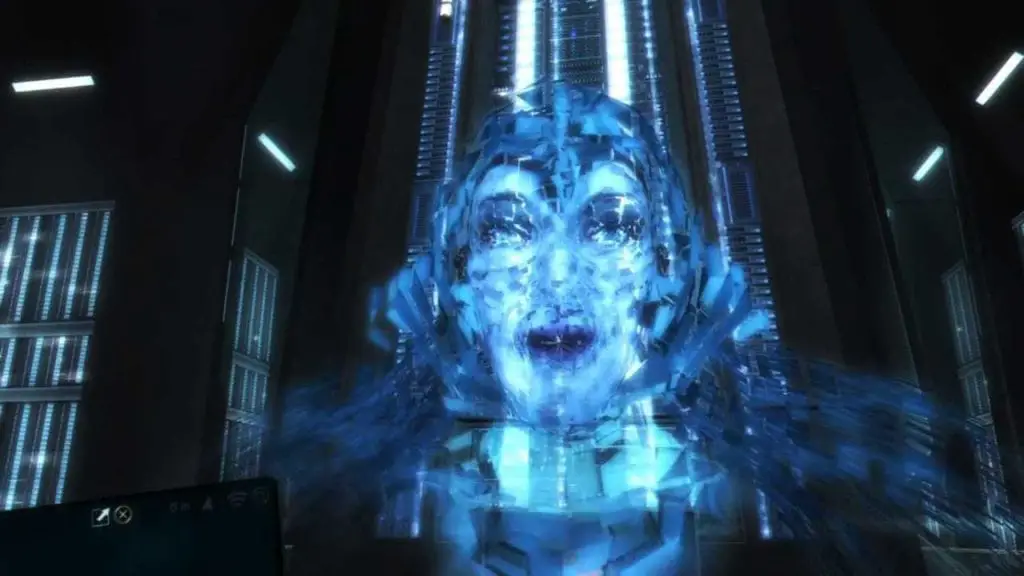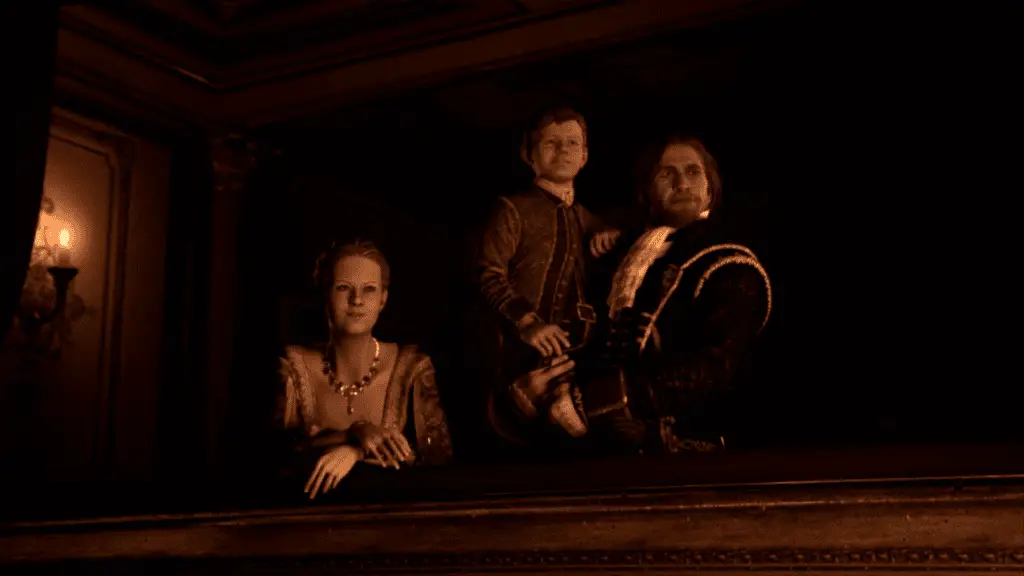(Spoilers for Assassin’s Creed IV: Black Flag).
Readers of my previous article may have guessed that I have spent the past month working my way through Assassin’s Creed IV: Black Flag (hitherto to be referred to as just Black Flag). People might be sensibly wondering what exactly I’m doing playing a four year old instalment of a series with annual releases.
In truth I have never really played an Assassin’s Creed game before, having been thoroughly uninterested by the series since its inception. Prior to Black Flag my only experience with the series is the thirty minutes I spent playing the first game in a friend’s house years ago and my viewing of the movie. I only bought Black Flag because it was a pirate game (the most shamefully under-represented genre in big-budget video games).
Having essentially no frame of reference for anything that occurred in the game posed an interesting problem. Black Flag was the sixth main instalment in the series. Five games centred around four different main characters in as many time periods already exist. This is not the optimum point to join the story.
Yet this industry thrives on sequels. Given that most long-running franchises spawn sequels more popular than their predecessors, it cannot be uncommon for a player to be dropped halfway into a story and be forced to keep their heads above water. Do games as far into a series as Black Flag account for these newcomers? Let us discuss.
Basic Set Dressing
First things first. I am about to talk about a whole bunch of things that were not explained to me about the world of Assassin’s Creed in Black Flag. Yes, I know I could have looked these things up, that is not the point. The point is not the lack of knowing the information itself, but rather the game’s reluctance to share it.
From what I have gathered, the Assassin’s Creed series revolves around people in the not too distant future using a machine called the Animus to re-live the memories of their ancestors. Historical settings such as the Crusades, the Renaissance, and the American Revolution have all been the basis for previous games. Black Flag takes place during the Golden Age of Piracy in the early 18th Century.
Former privateer, current pirate, and barer of a remarkably posh English accent for a Welshman, Edward Kenway stumbles backwards into an age-old conflict between Assassins and Templars. Kenway, being more motivated by a desire for wealth, precedes to ignore this global secret war except for when it directly affects him.
As he asks few questions about both organisations, little is revealed about either. This becomes extremely frustrating late in the game when Kenway joins the Assassins, dedicates himself to fighting the Templars and still finds out essentially nothing about the two groups.

Evil Fascists V Good Murderers?
Given that a game centred around stabbing people needs a long list of villains, and that the villains are primarily all Templars, by the end of the game I had some kind of sense as to what the Templars were (the film also helped on this front). The Templars want to eliminate free will as a means of creating peace. This is an easy to understand concept.
As most of the Templars are slavers, employees of the British Empire, or both, it is quite clear that this is a group of reprehensible people. They are fascists. I do not like fascists. Therefore I can accept that I should not like the Templars and fully support Kenway in his endeavours to leap upon them clutching knives.
The Assassins, on the other hand, are basically ciphers. I know three things about them having completed Black Flag.
- Their creed is “Nothing is true, everything is permitted.
- They stand in direct opposition to the Templars.
- They murder countless people.
The game frequently paints this order as being nobler than the Templars, but never explains why they should be perceived as the good guys. While opposing fascists and slavers wins them plenty of good guy points, the whole ‘it is morally permissible to murder everyone’ thing is a giant mark against them.
And while the game hints that there is a little more to their creed than a swearing off of all morality, it does not explain the substance at any point. Kenway goes from being a murderous pirate searching for riches to a murderous pirate/assassin fighting fascism. While his goal has certainly gotten nobler, his methods are ultimately unchanged. Being opposed to evil is slightly undermined when your methods are evil in and of themselves.
And on my fourth day working for a gaming company I hacked a server and was greeted by a floating digital face
The primary plot of Edward Kenway is couched in a framing plot where a new employee of Abstergo Entertainment researches Kenway’s life for a video game. It is clear very early on that Abstergo is a Templar front and the silent protagonist of this plot is eventually tasked with hacking their databases by the Assassins.
These hacks to not go unnoticed, and the silent protagonist is confined to an underground bunker along with other researchers until the hacker is found. The silent protagonist is convinced to hack the main server in order to remove any evidence of their involvement in the hacking.
Whereupon a giant female face was projected from the server, spoke a bunch of utterly indecipherable mystical jargon and disappeared. Though this plot does reach a conclusion connected to this development, what the hell just happened is never explained.
It is clear that this is linked to other super-natural elements found in the main plot. It is clear the woman was not human, but rather the member of an ancient race that may or may not have ruled humanity at some point. What is unclear is if this face was an agent of good or evil. It is unclear what Ubisoft thought newcomers would think of this out of nowhere moment.
Pro Game Developing Tip: Do not suddenly introduce supernatural elements in the final third of the game if you have no intention of explaining them in any way.

A Theatrical Interlude
One might be wondering how I could end up being so confused about all of this lore when I said up top that my first real experience with Assassin’s Creed was watching the movie. Anyone who is wondering why my knowledge is so lacking has clearly never seen this movie.
The film experiences the exact same problem as Black Flag. While it cannot stop itself from painstakingly explaining the motives of its Templar villains, the motivations of the nominal heroes are entirely undiscussed. Assassins exist only to be in opposition to the Templars, which coincidentally puts them on the right side of history (anti-slavery in Black Flag, anti-Spanish Inquisition in the movie) despite their propensity for murder.
The movie is thus unable to stand on its own, as the arc of its main character is entirely undercut by the lack of explanation. Michael Fassbender’s character turns away from a life of aimless criminality to join the Assassins and fight the good fight. This should be a quiet existential triumph for which to end a movie, and it would be if he or the audience knew anything about the Assassins.
I understand that these are plot elements that must be explained in earlier instalments, but any attempted defence of the lack of context falls apart with a simple riposte; If the movie and Black Flag were able to find the time to explain the Templars, they must also have had the time to explain the Assassins.
(Incidentally, I kind of loved the movie, great dumb beast that it was).
Plot Twist! And?
Having won some kind of victory in the Caribbean (everyone who ever annoyed him is dead, so it seems he achieved something), Kenway returns to England to care for his daughter. The game ends with a brief flash-forward showing a much older Kenway in rich attire, attending a theatre with his now adult daughter and his young son, Haytham Kenway.
Shock! Horror! Oh what a twist! Can you believe it! All along our heroic protagonist was the father of Haytham Kenway! This is world-shattering news! The series is changed forever! What a twist, what a twist, oh in the name of all that is holy WHAT A TWIST!
The confusion being felt by those unfamiliar with series is an exact mirror of how I felt upon learning this information. The game presents this as a plot twist, but as I had no earthly idea why the name Haytham Kenway was important, my response to this EARTH-SHATTERING TWIST was to shrug and go to bed. Presumably this was not the intended reaction.
For those with as little knowledge as I had before Googling this, Haytham Kenway is the main antagonist of Assassin’s Creed III. The fact that Edward (somehow) found redemption through the Assassin Order only to father a future Templar Leader is a tragic note on which to end his story. Or rather, it would have been if I had played the previous games and understood what I was being told. Instead the tragedy was marred with confusion and ambivalence. Some context for newcomers would have gone a long way.

Better Than Black Flag
Black Flag is a very good video game (I wouldn’t have written two features about it otherwise). Its primary problem is entirely a failure to provide the necessary context for much of its characters and plots. This is a problem that many games can run into this deep into a series. There are, however, examples of games that handle this significantly better.
While I have criticised the Uncharted series numerous times on the website, this criticism comes from a place of fondness. Uncharted 2 is a classic, and it was also my first experience with the series. Despite having missed the beginning, there was never a moment where I did not understand Nathan Drake as a character, or his history with Elena and Sully. The game works as both a standalone and a sequel. Black Flag almost works as both, but just about fails to work as either.
The Elder Scrolls series are also good at continuity. Many people began their experience with the games by playing Skyrim, yet not having played its immediate predecessor Oblivion does not take away from the experience. The main plot of the older game is referenced in the new to provide context. Plot elements such as The Blades are re-explained in Skyrim for the sake of first time players.
Other AAA Games are perfectly able to provide the explanations that Black Flag lacks. While it can be difficult to get all necessary information in, the fact remains that the main story takes roughly fifteen hours to complete and there was still enough time to teach me how to hunt lizards for no real reason. It is not too much to ask that the motivations of the heroes be explained at some point.
Conclusion
Nothing is true, everything is permitted. Are these the arc words of the series? Are they a deeply philosophical motivations for all the series’ protagonists? Is it the case that they are a self-righteous justification for heinous murder? Are they merely stolen from actual history and shoved into a video game series because they sound cool (I strongly suspect this is the case)? I do not know the answer, because Black Flag would not tell me.
Perhaps this complaint is unfair given my priorities going into the game. I freely admit to not caring in any way about the Assassin’s Creed series outside of this game, and only bought it because it was cheap and I wanted to play as a pirate. Well the last month has been filled with high-sea’s adventures. Perhaps there is no need for complaints.
The criticism comes from a place of knowing that video games can and should strive to do better narratively speaking. This medium has advantages that no other comes close to regarding the connection which can be fostered between player and player-character. Games should be held to a high standard for their own sake.
I wanted to know more about Assassins because against all the odds, Black Flag made me interested in them. Why it refrained from explaining itself after working hard to capture my interest is beyond me.

